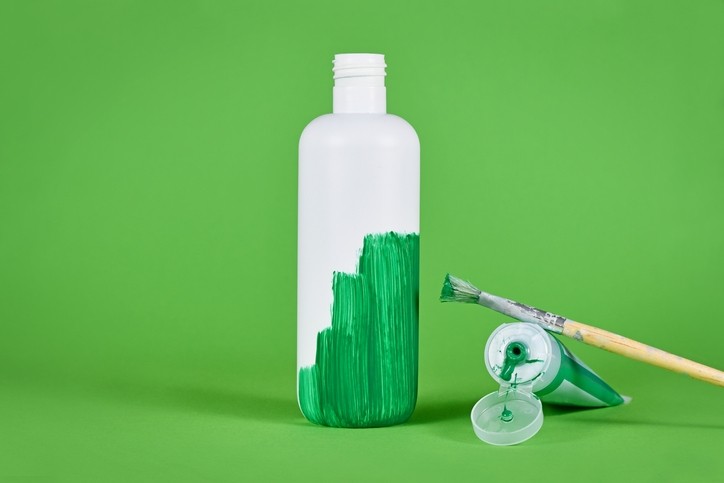"PFAS-free” marketing: What you need to know

Per-and polyfluoroalkyl substances (PFAS) are a group of chemicals known for being resistant to grease, oil, water, and heat. They have had a number of applications in food-contact materials regulated by the US Food and Drug Administration (FDA). PFAS have been found in bodies of water as well as in many types of animals–on land and in water. These ‘forever’ chemicals are a concern because they do not break down in the environment, can move through soils and contaminate drinking water sources, and bioaccumulate in fish and wildlife.
John Villafranco, Partner, Kelley Drye & Warren LLP, said supplement and functional food companies that claim their products or packaging are “PFAS-free” should proceed cautiously. He explained that if a supplement, probiotic, or natural product was being marketed as PFAS-free or making other "free-of" substance claims, the company must be able to substantiate this. He also pointed out that since PFAS have been found in so many places where ingredients are grown, it's nearly impossible to make that type of claim unless the company is leveraging very specific testing.
Recent cases
Villafranco explained that there is a long and growing list of consumer product companies that have been sued over the alleged finding of PFAS in products making PFAS-free or other environmental claims.
“This list includes sports drink maker, BioSteel, which got hit with a class action lawsuit earlier this year alleging that its ‘eco-friendly’ claims are false and misleading because the drink contains an elevated level of PFAS. This month, BioSteel filed a motion to dismiss because, among other things, the company pointed out that the plaintiff did not explain any details regarding the purported ‘independent third-party testing’ other than to say it was done to industry-accepted standards. The case is pending, but it highlights the high level of scrutiny over PFAS contamination, particularly with products claiming to be environmentally beneficial.”
Best practices for avoiding 'greenwashing'
Katie Rogers, Special Counsel with Kelley Drye & Warren LLP, said “The first stop for marketers should be the FTC’s Green Guides, which provide guidance that will help their company’s creative team develop claims about the environmental benefits of the company’s products. The Green Guides recommend that marketers making ‘free-of’ claims confirm the following:
(1) The product doesn’t have more than trace amounts or background levels of the substance. To make this determination for PFAS, companies should test samples of the product or packaging by analyzing total organic fluorine, which serves as a proxy for PFAS.
(2) The amount of the substance present doesn’t cause harm that consumers typically associate with the substance. Once the product has been tested, the level of total organic fluorine detected should be compared with the safe level for the specific type of consumer product. For ingestible products and their primary packaging, the level will need to be extremely low or non-detect to establish safety.
(3) The substance wasn’t added to the product intentionally. This requires confirmation from the supply chain network that PFAS has not been added at any point in the product’s life cycle.
(4) The product doesn’t contain another substance that poses a similar environmental risk. It is important to ensure that there are no other chemicals present in the product or packaging that would pose a similar health or environmental risk as PFAS.
In addition to ‘free-of’ guidance, the Green Guides state that, if a qualified general claim conveys that a product is more environmentally beneficial overall because of a touted benefit, marketers should analyze trade-offs resulting from the benefit to ensure they can substantiate the claim. This is to confirm that there are no other stages in the life cycle that may be negatively impacted and ultimately result in a net negative environmental effect from the use of the product. Companies should consider how this guidance may affect their ability to make general environmental benefit claims, such as ‘eco-friendly’ or ‘sustainable’ if the product they sell or the manufacturing process they use employs PFAS or some other harmful chemical."
Do brands have to provide test results to substantiate claims?
Villafranco said that while brands should be conducting tests and analysis prior to making any “free-of” marketing claims, they only have to provide this information to the FTC if there is an investigation into their claims.

















